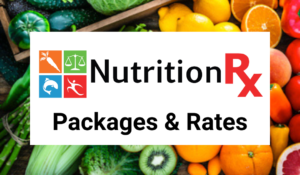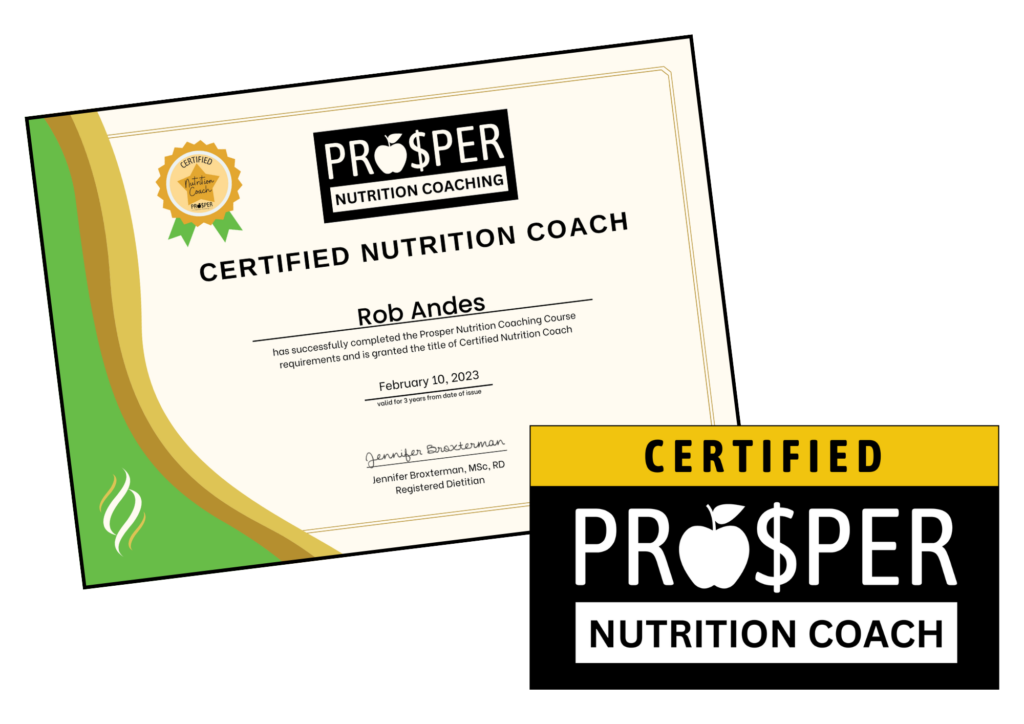

Movember
It’s that time of year again, where Daylight Saving Time is in effect, and men everywhere are sprouting patchy little lip sweaters for “Movember”. According to Movember Canada (http://ca.movember.com/?home):
“Movember challenges men to change their appearance and the face of men’s health by growing a moustache. The moustache (also known as “The Mo”), becomes the ribbon for men’s health and the means by which awareness and funds are raised for prostate cancer.”
Recent statistics from 2009 indicate that the global participation of Movember climbed to 255,755 supporters, with more than $47 million dollars raised for Movember’s global beneficiary partners. Canada can proudly say that last year, it was the second largest advocate in the world, trailing only behind Australia with a total of 35,156 supporters who came together to raise $7.8 million for Prostate Cancer Canada (http://www.prostatecancer.ca/).
As honorable as these activities are to raise awareness and funds for men and their families battling prostate cancer and should whole-heartedly be supported, being a healthcare provider my message will now deviate to another important concept: PREVENTION. Although it has not been conclusively proven that cancer can be prevented or delayed through diet and exercise, the research is getting closer to identifying certain protective factors and choices we can make to better our health. We certainly cannot change our genetics, nor can we stop the aging process (despite what the advertisements say), but we CAN make positive choices about what we put into our bodies and how much we move the body we have been given.
One special nutrient that has received a lot of attention in its connection to reducing the incidence of prostate cancer is lycopene. Lycopene, pronounced LYE-koh-peen, is a pigment responsible for the red colour of tomatoes and other red-hued vegetables, and is a phytochemical that may act as an antioxidant in the body. Several studies have found that the incidence of prostate cancer is less widespread in regions where the population regularly consumes different types of dishes prepared with tomatoes, including countries such as Italy, Spain, and Mexico. These findings lead researchers to hypothesize that lycopene, found abundantly in tomatoes, may defend against cancer by protecting DNA from oxidative damage. Good food sources of lycopene include: low-sodium cooked tomato products, like tomato paste, tomato sauce, cooked or canned tomatoes, tomato soup, and tomato juice. Lycopene is also found in other red-coloured foods such as watermelon, pink grapefruit, and pink guava. It’s important to note that your body can absorb the lycopene from cooked tomatoes better than from raw tomatoes, and an ideal preparation method would be fresh tomatoes heated in olive oil and made into a sauce, for example.
As part of a well-balanced diet, tomatoes should be just one of the many different types of vegetables and fruit consumed each day. Let’s also remember other nutritionally-rich choices, such as legumes (beans and lentils), whole grains, fish and shelfish, lean meats, nuts and seeds, and low-fat dairy products or milk alternatives such as soy. Finally, no cancer prevention recommendation is valid without the message to remain physically active most days of the week, so keep yourself moving!
So get out there, grow a dirty Stache, support a dude growing a dirty Stach, and remember to eat your (cooked) tomatoes this month.
An easy way to get cooked tomatoes into a simple supper: https://nutritionrx.ca/cherry-tomato-soup/
Wishing you health & happiness,
♡ Jen
Jennifer Broxterman, MSc, RD
Registered Dietitian
NutritionRx: happy, healthy living with our team of Registered Dietitians
Prosper Nutrition Coaching: a world-class nutrition coaching certification
+
+
+
Want to work with a NutritionRx Registered Dietitian?
Learn more here: Nutrition Packages & Rates
+
+
+
Want to become a Certified Nutrition Coach?
Learn more about our habits-based Prosper Nutrition Certification




